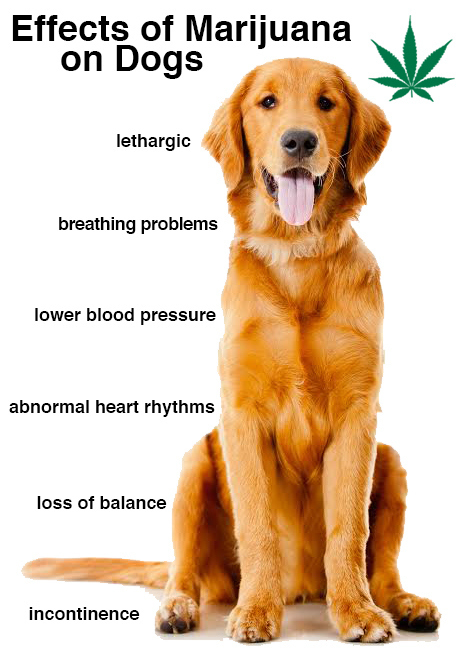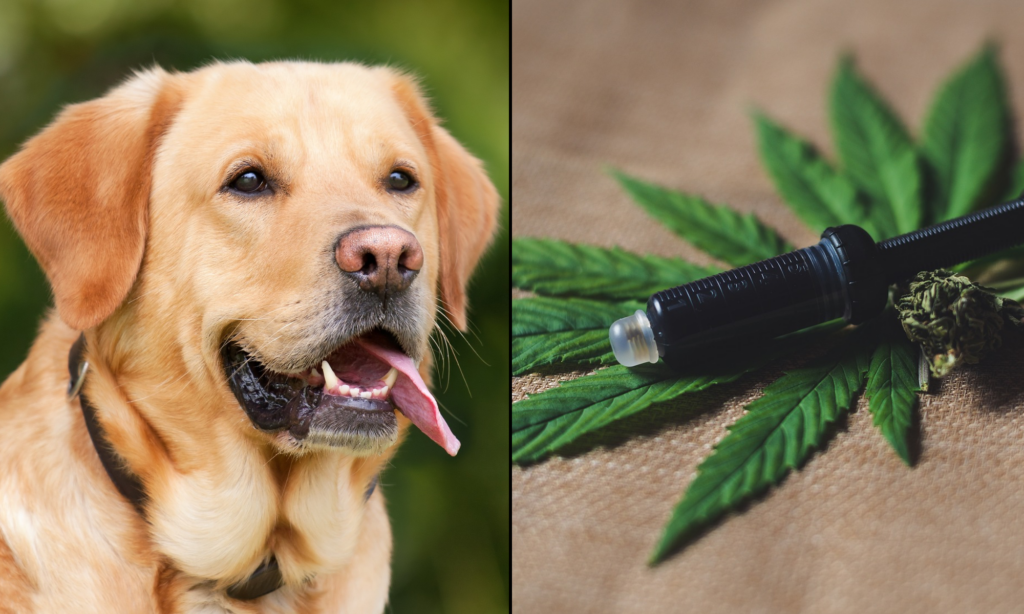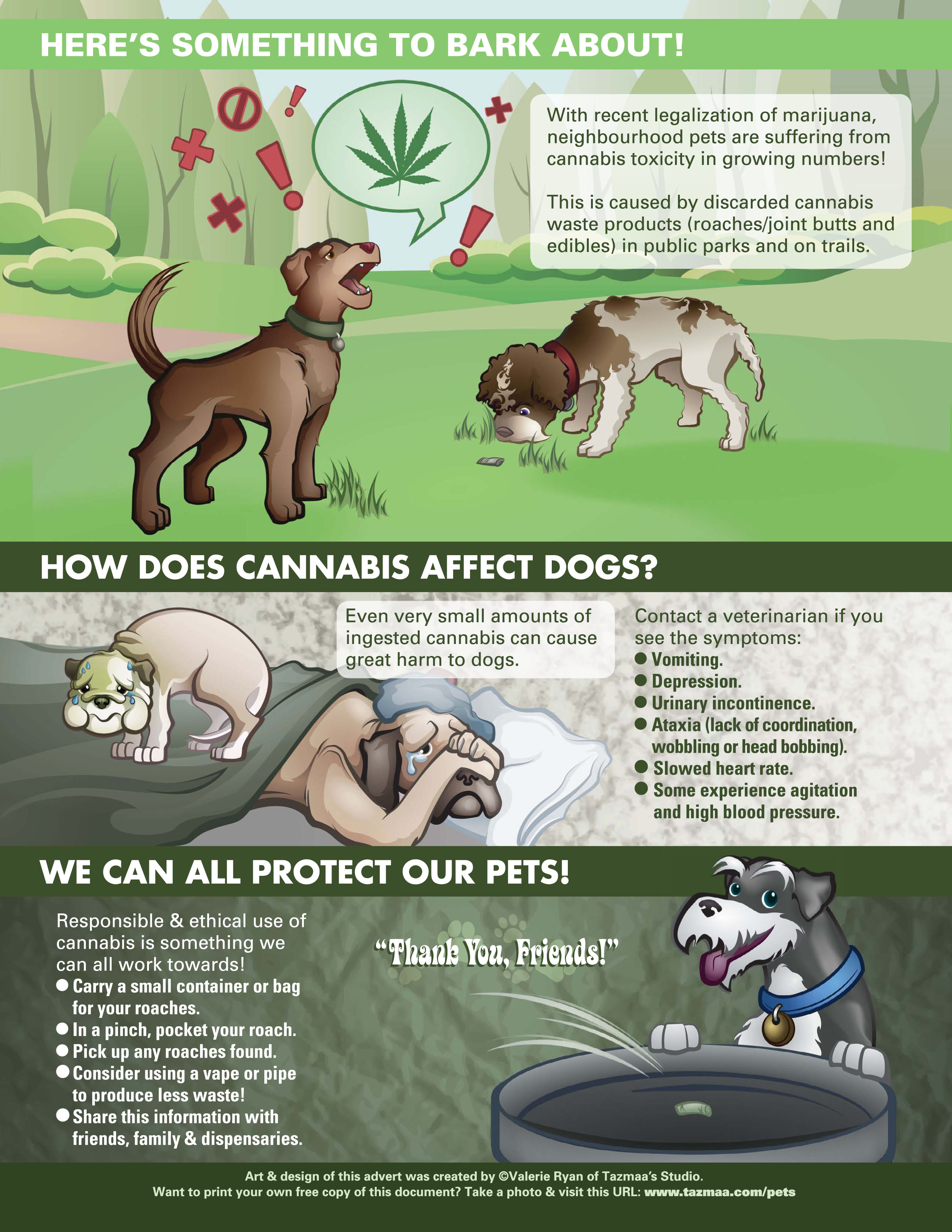How Much Thc Is Ok For Dogs

Emergency rooms are seeing a surge in canine cannabis toxicity cases, prompting urgent questions about safe THC levels for dogs. Even trace amounts can be dangerous, and pet owners need immediate guidance to protect their furry friends.
The critical question for dog owners is: how much THC is safe? Experts agree that no amount of THC is truly "safe" for dogs, due to their heightened sensitivity to the compound. This article breaks down the risks, symptoms, and what to do if your dog ingests cannabis.
The Danger Zone: THC Sensitivity in Dogs
Dogs possess a significantly higher number of cannabinoid receptors in their brains compared to humans. This makes them exceptionally sensitive to the psychoactive effects of THC, leading to severe and potentially life-threatening reactions.
Even small exposures – a discarded joint, edible crumbs, or improperly stored cannabis products – can trigger toxicity.
Identifying Cannabis Toxicity: Key Symptoms
Recognizing the signs of cannabis toxicity is crucial for prompt intervention. Common symptoms include lethargy, incoordination (ataxia), dilated pupils, and urinary incontinence.
Other signs include vomiting, tremors, hypersalivation, and in severe cases, seizures or coma. If you suspect your dog has ingested cannabis, immediate veterinary attention is paramount.
What's the Threshold? Understanding Dosage and Risk
There is no established "safe" dosage of THC for dogs. The toxic dose varies based on the dog's size, weight, breed, and individual sensitivity.
A study published in the Journal of Veterinary Emergency and Critical Care indicated that clinical signs of toxicity can be observed at doses as low as 0.1 mg of THC per kilogram of body weight. This underscores the extreme sensitivity of dogs to THC.
Edibles pose a particularly high risk, as they often contain concentrated THC and may be appealing to dogs due to their sweet or savory flavors. Many edibles also contain chocolate, which is toxic to dogs on its own.
Where are the Cases Happening? A Nationwide Concern
Veterinary clinics across the United States and Canada are reporting increases in cannabis toxicity cases in dogs. Legalization and increased availability of cannabis products have contributed to this trend.
Urban areas with a higher concentration of cannabis dispensaries and users tend to see a greater number of cases. Rural areas are not immune, as pets can still access improperly stored or discarded cannabis.
When is it Happening? Year-Round Risk
Cannabis toxicity cases occur year-round, but spikes are often observed around holidays and events where cannabis consumption may be higher.
Increased outdoor activities during warmer months also increase the risk of dogs encountering discarded cannabis products on walks.
Who is Affected? All Dogs are at Risk
While all dogs are susceptible to cannabis toxicity, smaller breeds and younger dogs may be at greater risk due to their lower body weight and developing immune systems.
However, even large, healthy dogs can experience severe reactions.
How to Respond: Immediate Action is Critical
If you suspect your dog has ingested cannabis, contact your veterinarian or an animal poison control center immediately. Do not attempt to treat your dog at home without professional guidance.
Provide as much information as possible, including the amount and type of cannabis ingested, the time of ingestion, and your dog's symptoms. Prompt veterinary care can significantly improve the outcome.
Activated charcoal may be administered by a veterinarian to help absorb the THC and reduce its effects. Supportive care, such as intravenous fluids and anti-emetics, may also be necessary.
Prevention is Key: Protecting Your Pet
The best way to protect your dog is to prevent exposure to cannabis in the first place. Store all cannabis products securely and out of reach of your pet.
Be mindful of discarded cannabis products during walks and in public areas. Educate visitors to your home about the dangers of cannabis exposure for pets.
Consider informing neighbors about the risks and requesting their cooperation in keeping cannabis products away from areas where your dog might roam.
Ongoing Developments and Future Research
Veterinary researchers are actively studying the effects of cannabis on dogs to better understand the mechanisms of toxicity and develop more effective treatments.
Continued education and awareness campaigns are essential to inform pet owners about the risks and promote responsible cannabis storage and disposal practices. The American Veterinary Medical Association is a good resource for updates.
Legislation and regulations surrounding cannabis use should also consider the potential impact on animal health and safety.


















